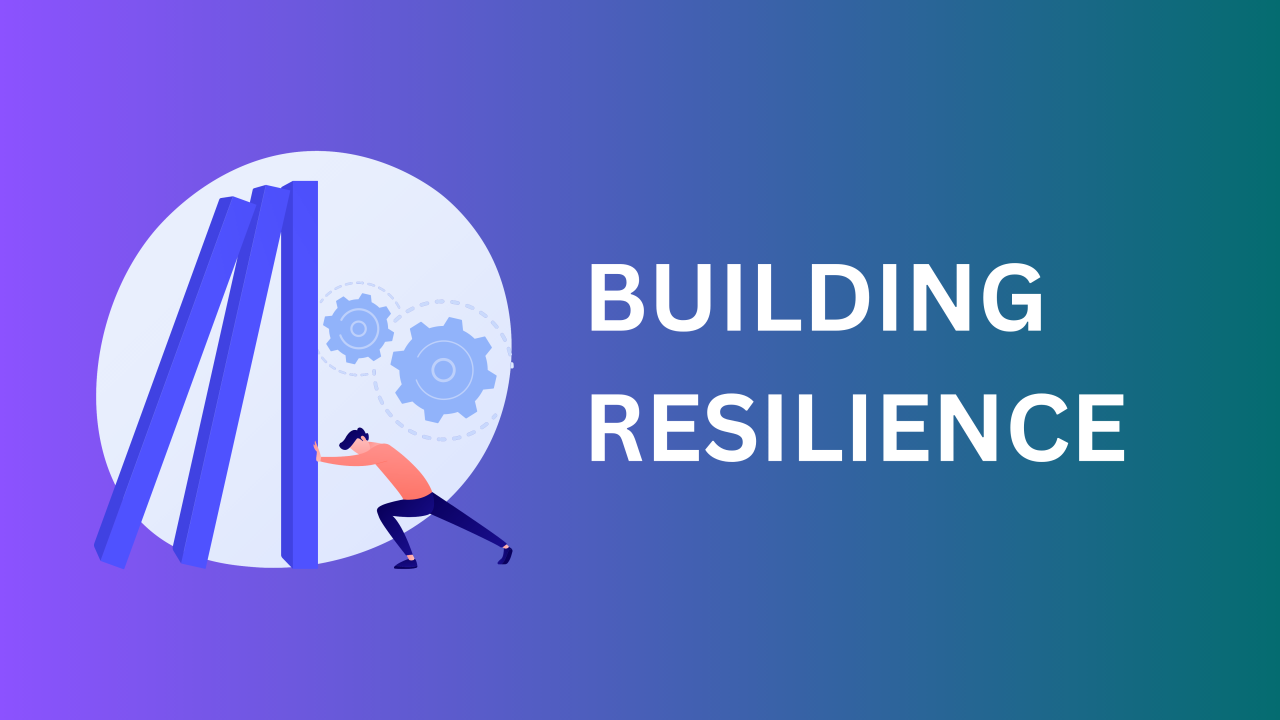Building Resilience: Strengthening Energy Reliability

Strengthening Energy Reliability: A Path to Community Resilience
In an era marked by environmental challenges and evolving energy dynamics, the pursuit of energy reliability emerges as a cornerstone of community resilience. This blog post delves into the essential strategies for strengthening energy reliability and its profound implications for fostering resilient communities equipped to withstand and thrive amidst change.
The Imperative of Energy Reliability
Energy reliability stands as a fundamental necessity underpinning the functioning of modern societies. Reliable energy access is crucial for sustaining critical infrastructure, supporting essential services, and driving economic activities. In times of crisis, such as natural disasters or supply disruptions, robust energy reliability becomes a linchpin for community resilience, ensuring continuity and stability.
Embracing Sustainable Energy Solutions
The transition towards sustainable energy solutions holds significant promise in fortifying energy reliability. Renewable energy sources, such as solar, wind, and hydroelectric power, offer dependable and environmentally friendly alternatives to traditional fossil fuels.
By integrating sustainable energy technologies into the energy landscape, communities can bolster their resilience while contributing to global efforts to combat climate change.
Grid Modernization and Infrastructure Resilience
Modernizing energy grids and infrastructure forms a pivotal strategy for enhancing energy reliability. Investments in smart grid technologies, microgrids, and energy storage systems empower communities to optimize energy distribution, manage peak demand, and mitigate potential disruptions.
Resilient infrastructure ensures the adaptive capacity to maintain energy supply during adverse conditions, safeguarding community vitality.
Diversification of Energy Sources
Diversifying the energy mix represents a proactive approach to fortifying energy reliability. Relying on a diverse array of energy sources, including renewables, natural gas, and nuclear power, reduces dependency on any single source, thereby enhancing energy security. By embracing a diversified energy portfolio, communities can enhance their resilience against market fluctuations and geopolitical uncertainties.
In line with enhancing community resilience through diversified energy sources, solar companies in Idaho are making notable strides. In a state blessed with abundant sunshine, tapping into solar energy is not just environmentally prudent but economically wise too.
These companies are at the forefront of the transition, offering innovative solar solutions that contribute significantly to the state’s energy mix.
By leveraging the expertise of solar companies in Idaho, communities can secure a reliable, sustainable, and cost-effective energy future, embodying the principles of resilience in the face of evolving environmental and energy challenges.
Community Engagement and Empowerment
Community involvement plays a pivotal role in strengthening energy reliability and resilience. Engaging residents, businesses, and local organizations in energy conservation initiatives, emergency preparedness, and renewable energy advocacy fosters a sense of collective ownership and responsibility.
Empowered communities are better positioned to adapt to energy challenges and actively contribute to resilience-building efforts.
Technological Innovations and Adaptive Capacity
Harnessing technological innovations amplifies the adaptive capacity of communities in the face of energy-related disruptions.
Advanced monitoring systems, predictive analytics, and demand response technologies enable proactive management of energy resources, facilitating rapid response and recovery in the event of unforeseen circumstances.
Technological advancements equip communities with the tools to proactively address energy reliability challenges.
Policy Frameworks and Regulatory Support
A conducive policy environment and regulatory support are pivotal in advancing energy reliability goals.
Policymakers and regulatory authorities play a crucial role in incentivizing investments in resilient energy infrastructure, promoting energy efficiency, and facilitating the integration of renewable energy into the grid.
Clear and supportive policies provide a foundation for sustainable energy development and resilience enhancement.
Conclusion
Strengthening energy reliability is central to cultivating resilient communities capable of thriving in the face of evolving energy landscapes and external pressures.
By embracing sustainable energy solutions, modernizing infrastructure, fostering community engagement, and leveraging technological innovations, communities can fortify their energy resilience.
Through concerted efforts and strategic initiatives, the path to energy reliability becomes a transformative journey towards community empowerment and vitality.





